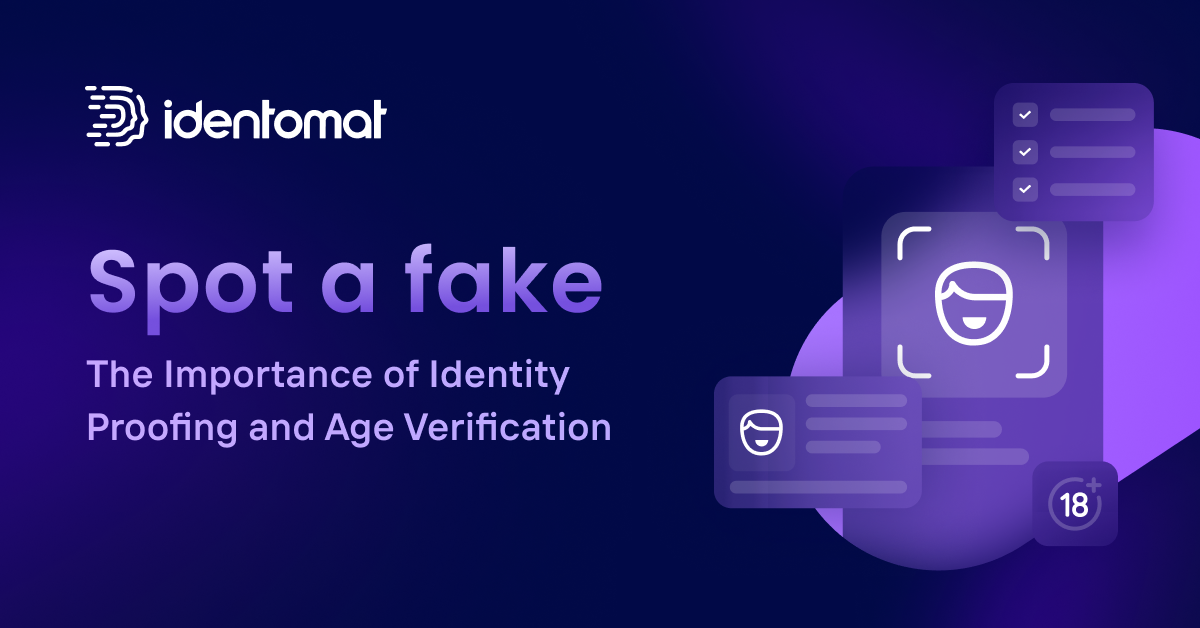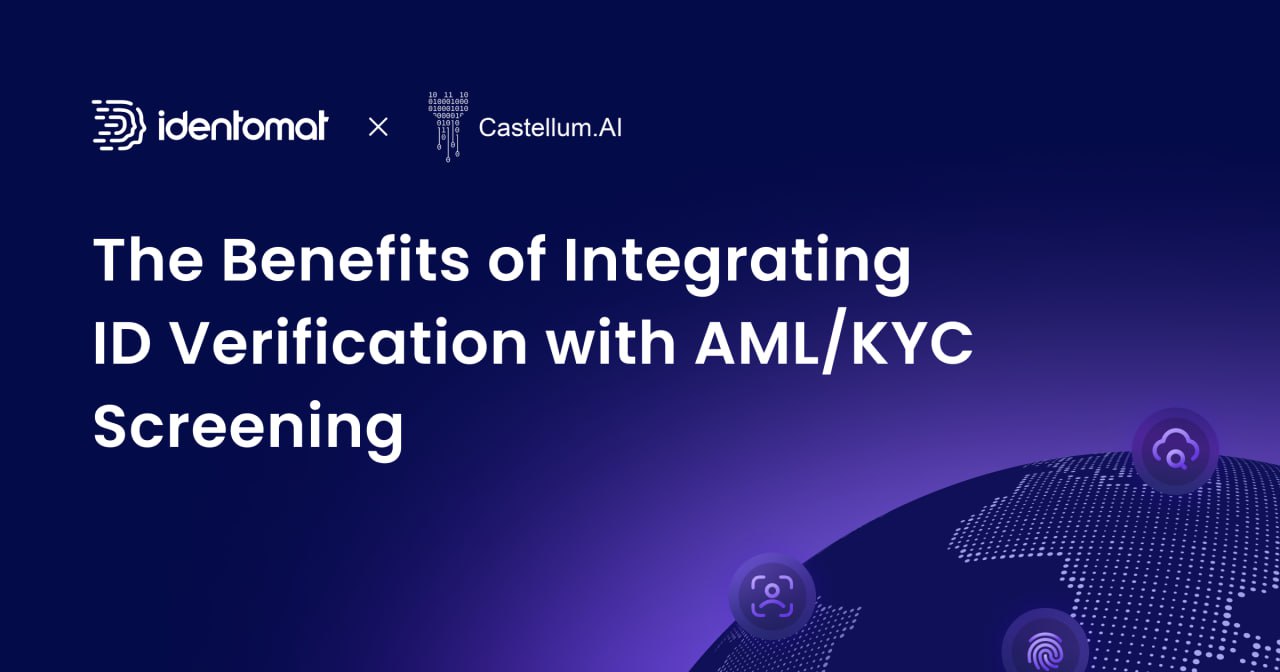With the ever-growing achievements in Artificial Intelligence and Financial Technologies, AI has tapped into yet another area – lending decisions – taking on an even more important role. Credit scoring is a process carried out by financial experts enabling institutions to accept or decline a loan application depending on the assessment of the client’s ability to pay off debt. Financial Institutions are always trying to optimize and streamline their business operations, which comes down to speeding up customers’ access to money, not turning away creditworthy clients, and reducing default rates. It seems like AI is ready to best the humans on all three fronts.
AI credit scoring decisions rely on any number of customer’s data points. These often include a person’s income, transaction analysis, credit history, and other information. In fact, the more the merrier. As a result, credit scoring performed by AI provides a more intricate and individual credit score, allowing more people access to potential loans.
Generally, financial institutions depend on a scorecard approach, which means that the borrower has to have some type of loan history to be graded as ‘scorable’. The main disadvantage of this method is that sometimes even creditworthy borrowers are denied loans because of absence of such credit history. Whereas AI credit scoring takes into consideration the ‘real-time’ indicators, for instance, current level of income, earning potential etc. Therefore, the likelihood of being included in the credit programs shoots up, while smart AI models ensure precise profit predictions bearing ‘in mind’ the potential risks.
Let’s dive into how you may leverage integrating AI into scoring. First and foremost, precise customer targeting, meaning that AI will allow you to focus on the right segment of clients. Banks and financial institutions are given large-scale, detailed insights about their customers, which results in better and more realistic risk assessment. This directly leads to a much higher number of customers getting access to loans. Manual scoring limits companies in numerous ways, whereas AI enables making data-driven decisions and margin maximization is its focal point. As a result, companies end up with a surge of customers and, coresspondingly, profits, whilst borrowers receive a wider and faster access to loans.
Identomat has recently introduced AI credit scoring to its system. The added new feature comes at an opportune time, considering the tendency of promoting faster, crisp and more precise services, instead of reverting to manual processes.
‘Adding this transformative new feature to Identomat is a great milestone for us, as we focus on our main goal of further development. Machine-learning based credit scoring is truly an opportunity for businesses to shift to much more insightful and nearly-instantaneous decision-making processes.
Our cutting-edge AI credit scoring solution has two main distinguishing features: Allowing financial intermediaries to collect, process and use massive amounts of data, therefore, unearthing hidden patterns and relations between key indicators; and secondly, outperformance of traditional ‘card’ scoring methods in predicting risks, losses and defaults. Offering AI credit scoring service along with Identomat’s Identity Verification & KYC solution enables us to aid financial companies further increase the pool of credit-worthy customers without significantly increasing their risk exposure.’ – Says CEO of Identomat, David Lomiashvili.
Making AI part of your company’s credit scoring will become a powerful tool to gain more in-depth insights, in drastically shorter time, and into previously overlooked data sources.




